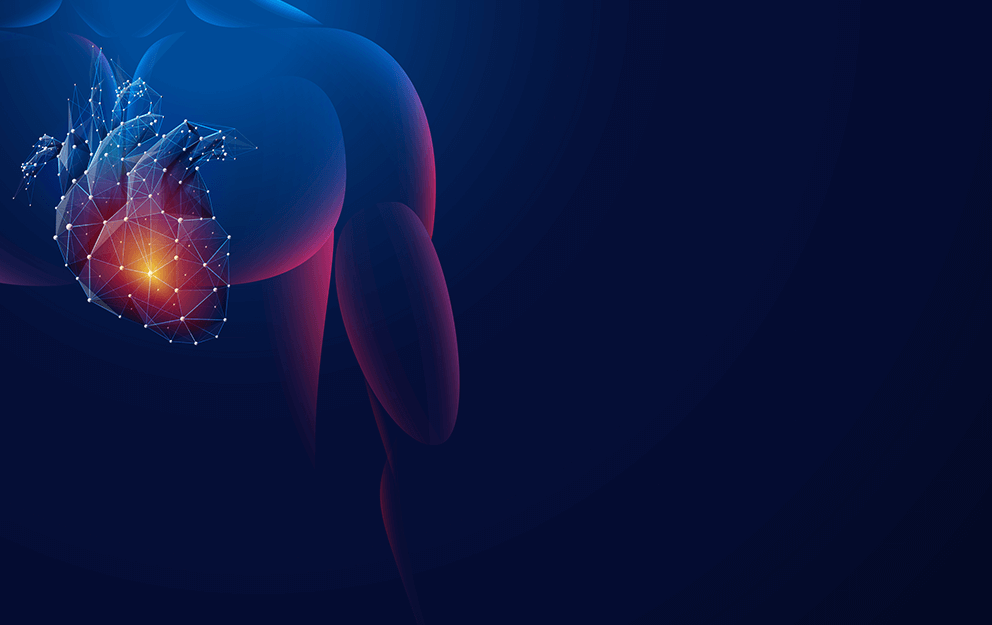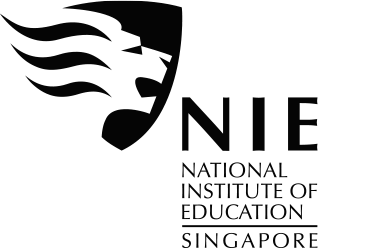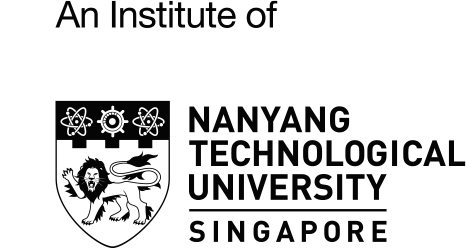
By Dr Teo Chua Tee, Psychology and Child & Human Development, NIE
Positive characters and personal values are important foundations in every student’s overall development. The pursuit of education should not merely be about living the good life but living the life good. Find out how we can keep a good head while nurturing a good heart.
It is natural for all parents to hope that their children will grow up to be successful and live happy lives. Many Asian parents appear to emphasise on academic achievements as a direct route to such a “good life”. This is evident in the amount of money they would spend on private tuition. Despite being a billion-dollar industry in Singapore, the private tuition industry lacks programmes on character development for children. It ultimately falls on parents and teachers to assume the role of character building in children.
While money can be spent to enhance academic achievement, it cannot be used to “purchase” a filial son or daughter with essential character attributes and virtues. The human character, when properly cultivated, supports every aspect of development in a person—academically, socially, morally, and physically. A person of good character is treasured by family, friends, colleagues, and neighbours.
Success in life, be it academic, familial, career, or interpersonal achievements, comes with hard work, essential moral values, resilience, tenacity, and interpersonal skills. With only academic success, we have already seen in the news countless cases of people, including politicians, professors, and celebrities, who had their lives ruined because of some unscrupulous deeds they had committed.
A scholar might have achieved a great deal academically but if that person does not have moral or interpersonal attributes to work well in a team, he would become unpopular with his colleagues. It is only when a person possesses refined characters and good moral values that he can attain both academic excellence and desirable social behaviours to serve and benefit others through his abilities.
Education is of at least two kinds: material and human. The former teaches the student about science, arts and technology and the latter teaches the student about himself. For the latter, this includes knowledge and awareness of one’s reasoning or logical thinking, creative thinking, positive or negative thinking and feeling, motivational and volitional strengths and weaknesses, and other psychological or human attributes at each stage of development from childhood to adulthood.
We may not be able to choose our parents or blood type, but in matters where we can have a choice, we would most certainly go with the better one. For instance, to work hard instead of being lazy, or to wear a mask properly instead of carelessly to avoid catching the virus. Knowledge informs decisions, and decisions become actions after crossing the volitional threshold.
Good choices are based on considerations of the outcomes of the potential choices on oneself and others. However, young children with developing brains and egocentric tendencies are susceptible to the moulding of character and the inculcation of habits. Being malleable, they need proper guidance to make the right choices. It is without question that parents and teachers alike would like to have young charges who are positive in attitude; cheerful, pleasant, and happy in disposition; loving, kind, and considerate towards others; and communicative when upset.
When young children turn into teenagers, they would no longer want to be told what to do or what kind of life to lead. Parents should not expect their children to be obedient all the time, for teenagers tend to be rebellious at this stage of their life. Instead, parents need to involve their children in choosing what kind of person they aspire to become. This would empower the teenagers to choose, of their own volition, the distinctive character attributes they wish to possess. It is only with specific goals that character attributes can be consciously developed.
With maturity, teenagers will become less egocentric. They learn to fall in love and realise the importance of their significant others in the process. As they take on adult roles like parenting, they develop more empathy and selflessness. By this time, they will realise that happiness is not the mere pleasing of the self. Their happiness is closely related to the happiness of all the people around them. There is little place for self-centeredness in an interconnected world. Selfless children, when they grow up into adults, are more likely to take care of their aged parents and bring happiness, regardless of their academic or non-academic achievements.
To build the human character consciously, we must be mindful of both positive and negative attributes, including the way we handle people and situations. We need to be aware that we have a higher spiritual nature and a lower animal nature. Examples of character qualities in the higher nature are truthfulness, kindness, justice, love, and many others. When positive qualities are absent, we would tend to function in the lower nature and express falsehood, cruelty, injustice, hatred, and other negative traits.
Character building needs to be a conscious effort. If too much time and effort are spent on a single aspect like developing intellectual acumen or academic achievement, there may not be enough energy left for the development of other beneficial characters, as well as the deepening of relationships with family and friends. As parents and teachers, we must counsel our children to save their time and energy from distractions, like gaming, social media, and peer comparison, and focus on the more important aspects of character development.
The cultivation of character attributes requires constant practice. It is estimated that the average adult makes more than 35,000 decisions a day before acting on them. Just as there is a root cause in every effect, there is a motivation in every decision, be it an animating principle or value. If we could consciously identify the reason behind our choices and actions and relate them to our moral values and consequences, we would be more likely to make better choices and shape our attitudes and behaviours.
It is also important for us to reflect and learn from the results of our decisions to improve on the next one. This experience in evaluating the outcomes of our choices is required for us to develop beneficial personal resources, like positive thinking, steadfastness, and loving-kindness. These virtues will build related mental and psychological resources that can empower us to take on challenges and to overcome difficulties in life and thus build our resilience against negativities, depression, and stress.
The greater our ability to solve problems in life, the happier we will become. The capacity for problem-solving is developed from the character attributes of courage, optimism, resilience, tenacity, patience, diligence, justice, and empathy. Parents and teachers must explicitly teach about what these virtues entail when the child encounters setbacks or difficulties.
How often have the same words, when gently phrased with wisdom, won hearts, and resolved conflicts? Other than applying their intelligence that includes critical and creative thinking, and academic learning to problem-solving, children need to moderate their attitude, thinking, feeling, communication and consultation skills with gentleness, creativity, and wisdom. Interpersonal skills must be consciously developed over time by the young ones through education and learning experiences and with the guidance and help of their parents, teachers, and mentors. These skills and character attributes are indispensable, invaluable, and priceless.
While academic performance may be enhanced with a few extra lessons, good human characters need to be nurtured over time. Good conduct must be cultivated by choice, with negative behaviours removed through conscious knowledge, volition, and actions. Young adults with praiseworthy characters are wonderful gifts to not just their families but society as well. With a good head set upon a right heart, they will be able to put their academic learning to good use serving communities and bettering society.
Interested to find out more about character building and other studies on holistic learning?
A research report on “The Unconditional Happiness Project” for Primary 1 pupils at a local school is available. Contact me at chuatee.teo@nie.edu.sg to learn more.



